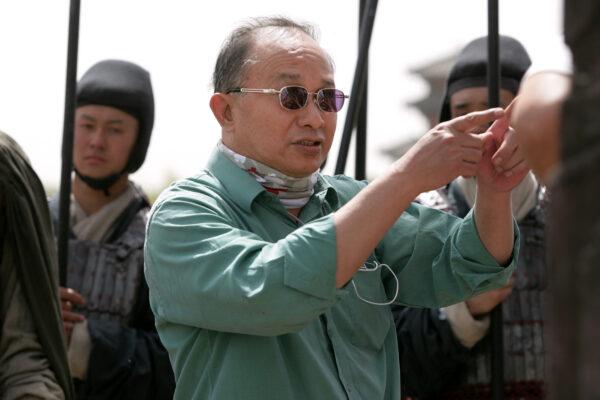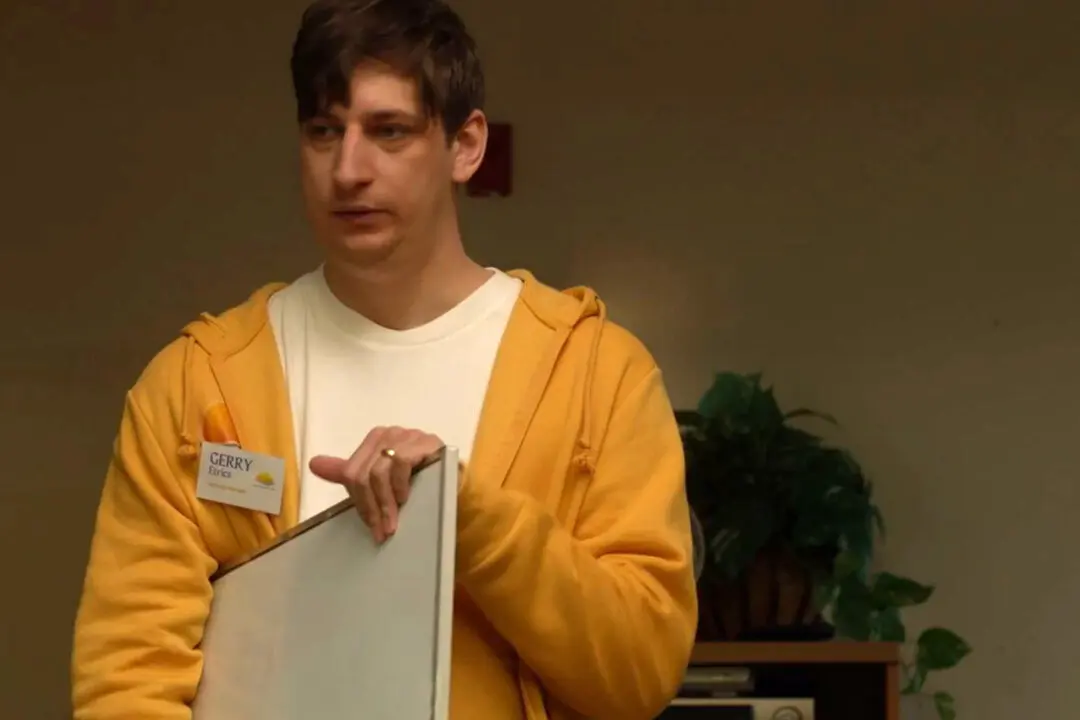2008-2009 | R | 2h 28m | Action, Adventure, Drama
John Woo is a name that is synonymous with excitement, danger and, of course, pulse-pounding action. Woo cut his teeth on many ‘80s and early ’90s Hong Kong action classics such as “The Killer,” “Bullet in the Head,” and “Hard Boiled,” the latter widely considered his opus during that period and one of the greatest action films ever produced.
Director John Woo on the set of "Red Cliff." Beijing Film Studio





